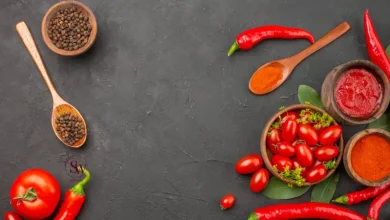Source of Vitamin D for Vegetarians
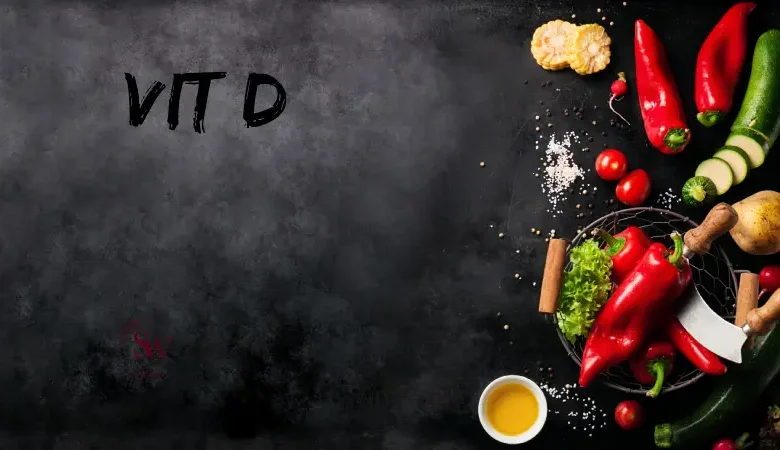
Sources of Vitamin D for Vegans
Vitamin D is an essential nutrient that plays a crucial role in maintaining overall health and well-being. While sunlight is the most abundant source of vitamin D, it can be challenging for vegetarians to obtain adequate levels of this vitamin since many natural food sources are animal-based. However, with careful planning and knowledge of plant-based alternatives, vegetarians can ensure they meet their vitamin D requirements. As a vegetarian, it is important to be able to fully meet your protein and vitamin D needs from plant-based sources. The best protein foods for vegetarians and sources rich in vitamin D will ensure your health in the chosen lifestyle. In this article of sisiway, we will explore some of the top sources of vitamin D for vegans.
-
Mushrooms:
Mushrooms are an excellent choice for vegetarians seeking vitamin D. They are unique among plant-based foods as they have the ability to produce vitamin D when exposed to sunlight, similar to how our skin synthesizes it. Specifically, wild mushrooms or those exposed to UV light tend to have higher vitamin D content. Some popular varieties include shiitake, maitake, and chanterelle mushrooms. Incorporating this best source of vitamin d for vegans into your diet can help boost your vitamin D intake.
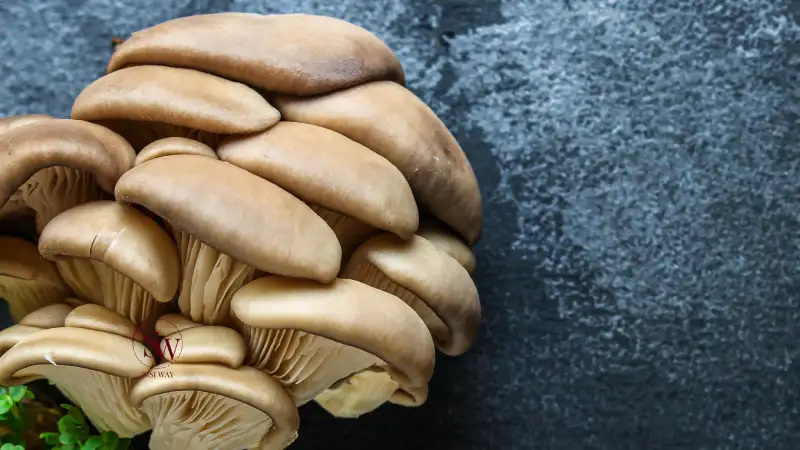
-
Fortified Plant-Based Milk:
Fortified plant-based milk is an excellent source of vitamin D for vegans. Many plant-based milk alternatives, such as soy milk, almond milk, and oat milk, are fortified with this essential nutrient, making them a convenient and accessible option. Vitamin D fortification helps to bridge the gap for vegans who may have limited access to natural dietary sources of this vitamin. By incorporating fortified plant-based milk into their diet, vegans can ensure they are meeting their vitamin D needs and supporting important functions such as calcium absorption, bone health, immune system function, and overall well-being.
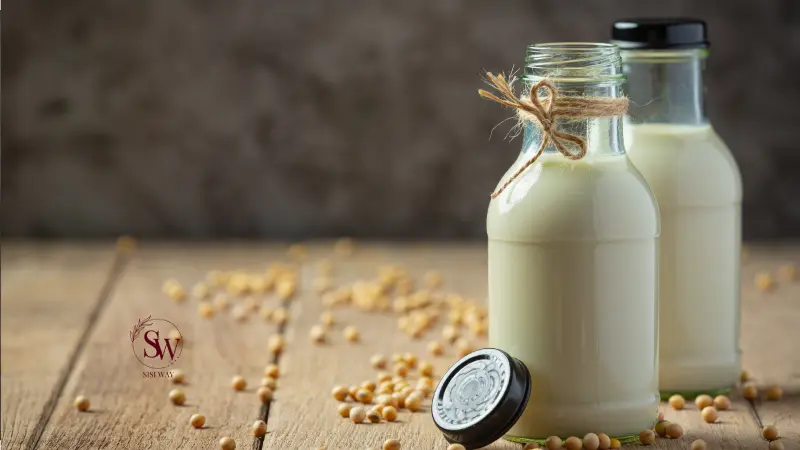
-
Fortified Cereals:
Fortified cereals serve as a valuable source of vitamin D for vegans. Certain breakfast cereals are fortified with this essential nutrient, making them an easy and convenient option to incorporate into a vegan diet. By choosing fortified cereals, vegans can ensure they are getting an additional boost of vitamin D to support their overall health. Vitamin D fortification in cereals helps to address the potential deficiency risk for vegans, who may have limited access to natural dietary sources of this vitamin. Including fortified cereals in their daily breakfast routine can be an effective way for vegans to meet their vitamin D requirements and promote optimal bone health, immune function, and overall well-being.
-
Plant-Based Omega-3 Fatty Acid Sources:
Plant-based omega-3 fatty acid sources, such as flaxseeds, chia seeds, and walnuts, can contribute to the vitamin D intake of vegans. While these sources are primarily known for their omega-3 content, they also offer a small amount of vitamin D. Incorporating these nutrient-rich foods into a vegan diet can provide additional support in meeting vitamin D needs. However, it’s important to note that the vitamin D content of plant-based omega-3 sources is generally modest compared to other sources, and supplementation or consuming fortified foods may be necessary to ensure sufficient vitamin D intake for optimal health. Consulting with a healthcare professional or registered dietitian can help vegans create a well-rounded plan that includes plant-based omega-3 sources alongside other vitamin D-rich foods or supplements to support their overall nutritional needs.
-
Supplements:
For vegetarians who struggle to obtain sufficient vitamin D from natural food sources, supplements can be an effective solution. Vitamin D2 supplements derived from plant sources, like mushrooms or yeast, are widely available and suitable for vegetarians. However, it is important to consult with a healthcare professional to determine the appropriate dosage and ensure that you are meeting your specific needs.
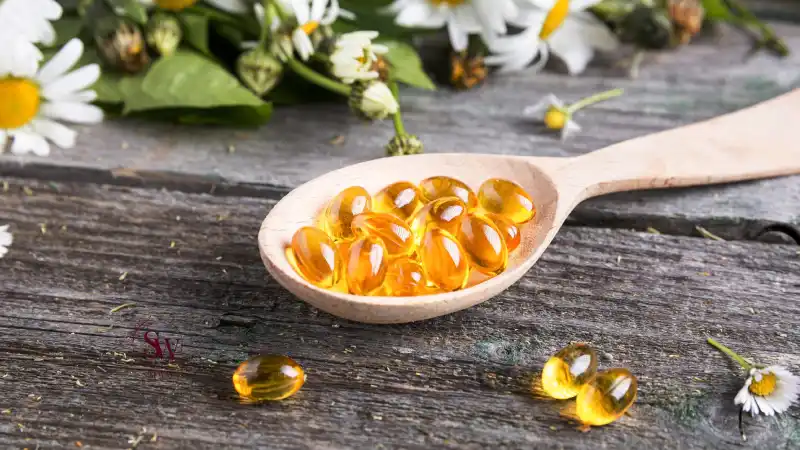
-
Fortified Orange Juice:
Fortified orange juice is a refreshing and citrusy source of vitamin D for vegans. Some brands of orange juice are specifically fortified with vitamin D, offering a convenient and tasty way for vegans to increase their intake of this essential nutrient. By enjoying a glass of fortified orange juice, vegans can supplement their diet with vitamin D, which is typically lacking in natural plant-based sources. It’s important to check the label to ensure that the orange juice is fortified with vitamin D. Including fortified orange juice as part of a well-balanced vegan diet can contribute to supporting bone health, immune function, and overall well-being.
Also read: Olive Appetizers
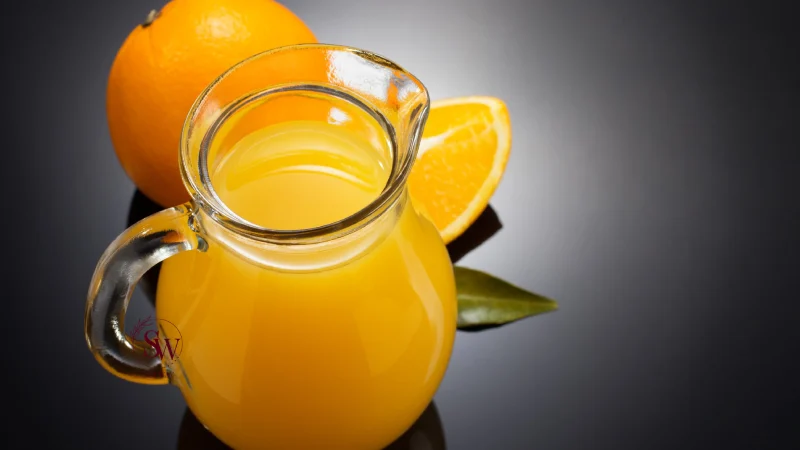
-
Sunflower Seeds:
Sunflower seeds can provide a nutritious and plant-based source of vitamin D for vegans. While they are not particularly high in vitamin D, sunflower seeds do contain small amounts of this essential nutrient. Additionally, sunflower seeds offer a range of other health benefits, including being rich in vitamin E, magnesium, and healthy fats. Incorporating sunflower seeds into a vegan diet can be a flavorful and versatile way to boost vitamin D intake. They can be enjoyed as a snack on their own, sprinkled on salads, added to trail mixes, or used as a crunchy topping for various dishes. While sunflower seeds alone may not provide all the vitamin D needed, incorporating them into a well-rounded vegan diet can contribute to overall nutritional balance and support optimal health.
-
Tofu:
Tofu, a popular plant-based protein source for vegans, can also serve as a good source of vitamin D, especially when fortified. Fortified tofu is available on the market and contains added vitamin D to help vegans meet their nutritional needs. Tofu is made from soybeans, which naturally contain some vitamin D, but the fortification process further enhances its vitamin D content. Incorporating tofu into a vegan diet can provide a versatile and nutritious way to boost vitamin D intake while also benefiting from its high-quality protein content. Tofu can be used in a variety of dishes, such as stir-fries, salads, and even as a meat substitute in various recipes, making it a convenient option for vegans looking to increase their vitamin D levels.
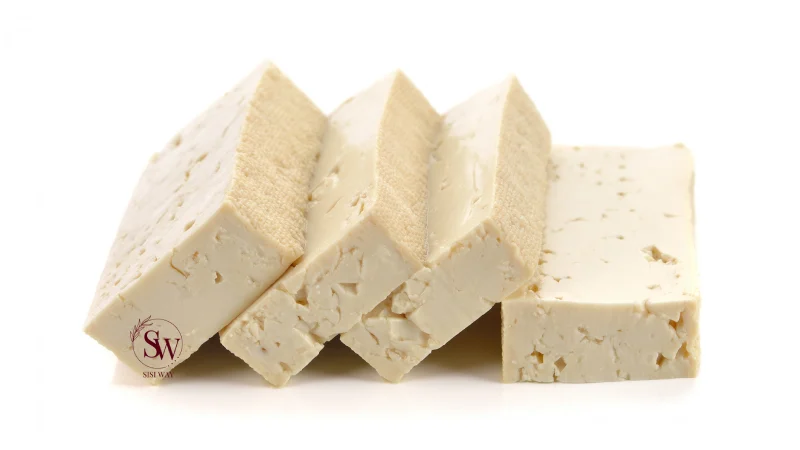
-
Algae:
Algae, particularly certain types of seaweed and chlorella, can serve as a natural and plant-based source of vitamin D for vegans. These marine organisms have the unique ability to synthesize vitamin D when exposed to sunlight, similar to the process that occurs in human skin. As a result, certain types of algae can contain significant levels of vitamin D. Vegans can incorporate algae into their diet by using powdered forms in smoothies, adding dried seaweed as a topping or ingredient in dishes, or considering algae-based supplements. However, it’s important to note that the vitamin D content in algae can vary, and it may be challenging to accurately determine the exact amount of vitamin D obtained from these sources. Consulting with a healthcare professional or registered dietitian is recommended to ensure proper intake and balance of nutrients for vegans relying on algae as a vitamin D source.
-
Hemp seeds:
Hemp seeds are derived from the Cannabis sativa plant and are a rich source of various nutrients, including vitamin D. While the vitamin D content in hemp seeds may be relatively low compared to other sources, they can still contribute to a vegan’s overall vitamin D intake. Hemp seeds can be incorporated into a vegan diet in a variety of ways, such as sprinkling them on salads, blending them into smoothies, or using them as a topping for yogurt or oatmeal. Additionally, hemp seed-based products like hemp milk and hemp protein powder may be fortified with vitamin D, providing an additional boost of this essential nutrient for vegans.
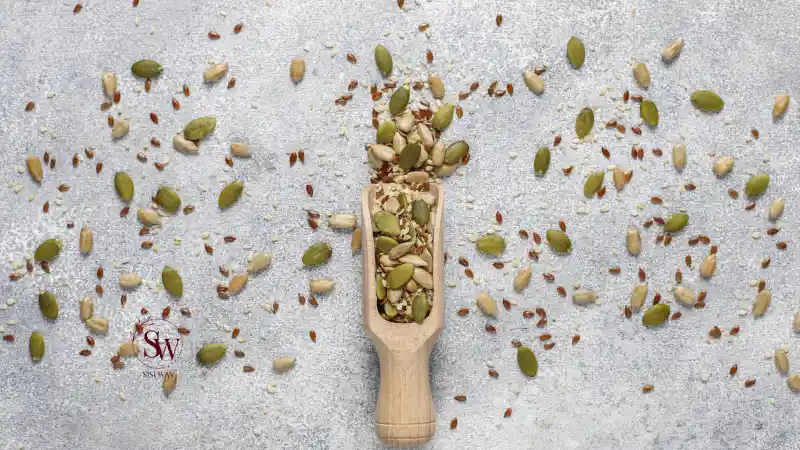
Remember, it’s important to maintain a balanced and varied diet to obtain all the necessary nutrients. While these sources can contribute to your vitamin D intake, it’s advisable to get your levels checked regularly and consult with a healthcare professional or registered dietitian for personalized guidance on meeting your specific nutritional needs.
Importance of Vitamin D for Vegans
You can succeed and ensure the health of your body and soul in the path you have chosen when you fully understand everything about being vegetarian. Finding sources that meet your body’s essential needs for vitamins and minerals without resorting to meat and animal products is one of the key aspects. Vitamin D is of utmost importance for vegans as it plays a crucial role in maintaining overall health and well-being. Vegans, who avoid all animal products including dairy and eggs, may be at a higher risk of vitamin D deficiency due to the limited availability of natural dietary sources. Vitamin D is essential for proper calcium absorption and bone health, as it helps regulate calcium levels in the body. Without sufficient vitamin D, vegans may be more prone to developing conditions like osteoporosis and bone fractures.
Moreover, vitamin D is known to support a healthy immune system, regulate mood, and contribute to cardiovascular health. It also plays a role in cell growth and differentiation, which is vital for maintaining healthy skin. Additionally, emerging research suggests that vitamin D may have a protective effect against certain chronic diseases, including some types of cancer, autoimmune disorders, and cardiovascular conditions. Therefore, it is crucial for vegans to ensure they meet their vitamin D requirements through appropriate dietary choices or supplementation to support optimal health and well-being. Consulting with a healthcare professional or registered dietitian can help vegans tailor their diet and vitamin D intake to meet their specific needs.
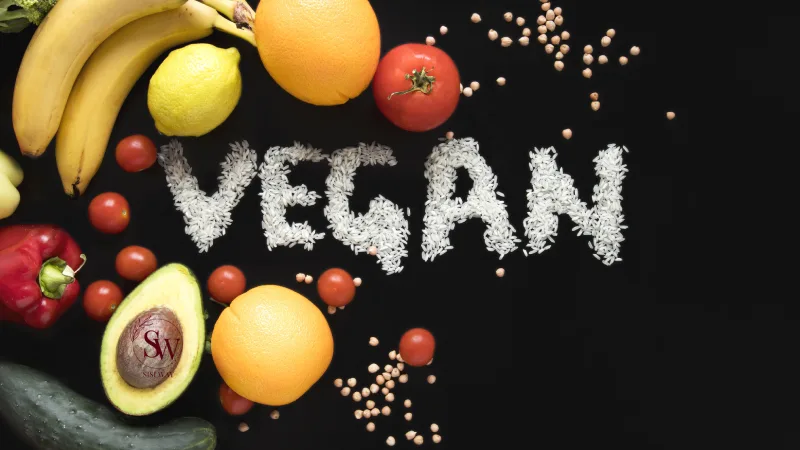
FAQ
- Can vegetarians meet their vitamin D needs without consuming animal products?
Yes, vegetarians can meet their vitamin D needs without consuming animal products. While vitamin D is predominantly found in animal sources such as fatty fish, egg yolks, and dairy products, there are several plant-based sources and fortified foods that can provide vitamin D to vegetarians. Mushrooms, fortified plant-based milk, fortified cereals, plant-based omega-3 sources like flaxseeds and chia seeds, and supplements are all viable options to consider.
- Are there any specific plant-based foods that naturally contain vitamin D?
There are a few plant-based foods that naturally contain vitamin D, although their amounts are generally lower compared to animal sources. One example is mushrooms, which have the unique ability to produce vitamin D when exposed to sunlight, similar to how our skin synthesizes it. Certain types of algae, such as seaweed and chlorella, also contain vitamin D. However, it’s important to note that the majority of plant-based sources of vitamin D are either fortified or derived from exposure to UV light.
- Can plant-based vitamin D supplements be a reliable source for vegetarians?
Yes, plant-based vitamin D supplements can be a reliable source of vitamin D for vegetarians. Vitamin D2 supplements derived from plant sources like mushrooms or yeast are widely available and suitable for vegetarians. Additionally, some manufacturers produce vegan-friendly vitamin D3 supplements sourced from lichens. These supplements can help vegetarians ensure they are meeting their vitamin D requirements, especially if they have limited access to sunlight or struggle to obtain sufficient vitamin D from natural food sources.
Conclusion:
Vegetarians can maintain adequate vitamin D levels by incorporating a variety of plant-based sources into their diet. Mushrooms, fortified plant-based milk, fortified cereals, plant-based omega-3 fatty acid sources, and supplements are all viable options to consider. By making conscious choices and ensuring proper intake, vegetarians can meet their vitamin D requirements and support their overall health and well-being. Remember to consult with a healthcare professional or registered dietitian to personalize your vitamin D intake based on your individual needs.
